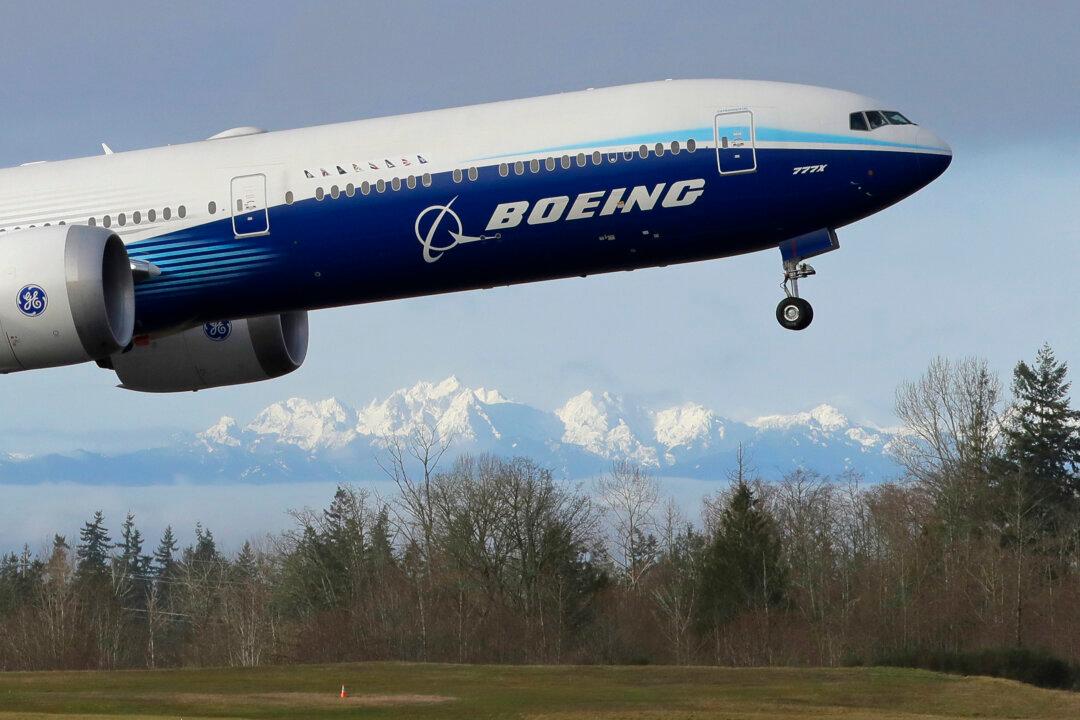Boeing closed out its worst year ever financially by losing $8.4 billion in the fourth quarter as the pandemic has undercut demand for planes, and the company announced another costly delay to its new large jetliner designed for long-haul flights.
Most of Boeing’s troubles over the past two years have swirled around the troubled 737 Max. However, the biggest piece of the fourth-quarter loss reported Wednesday was a pretax charge of $6.5 billion tied to its newest plane, the bigger 777X.





